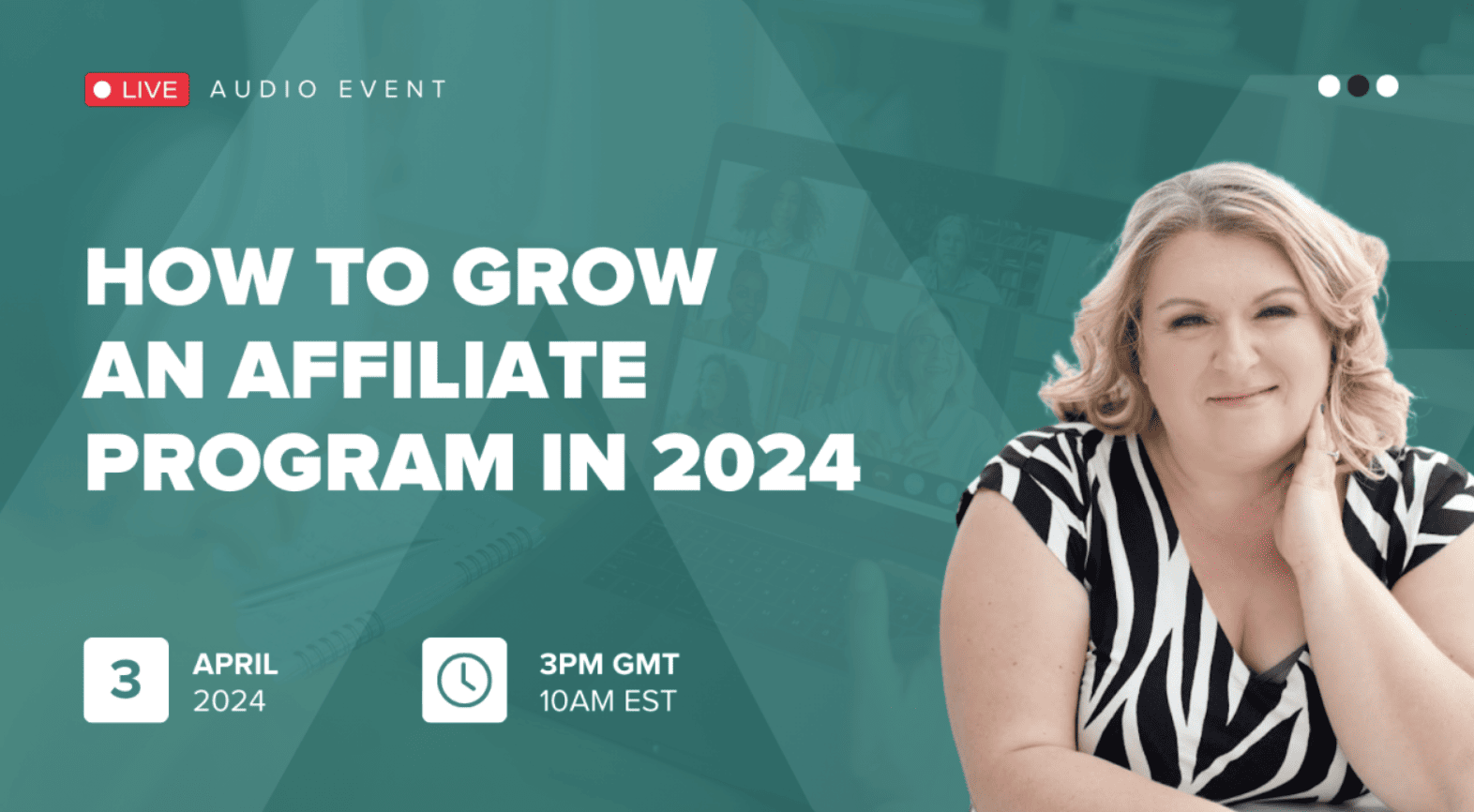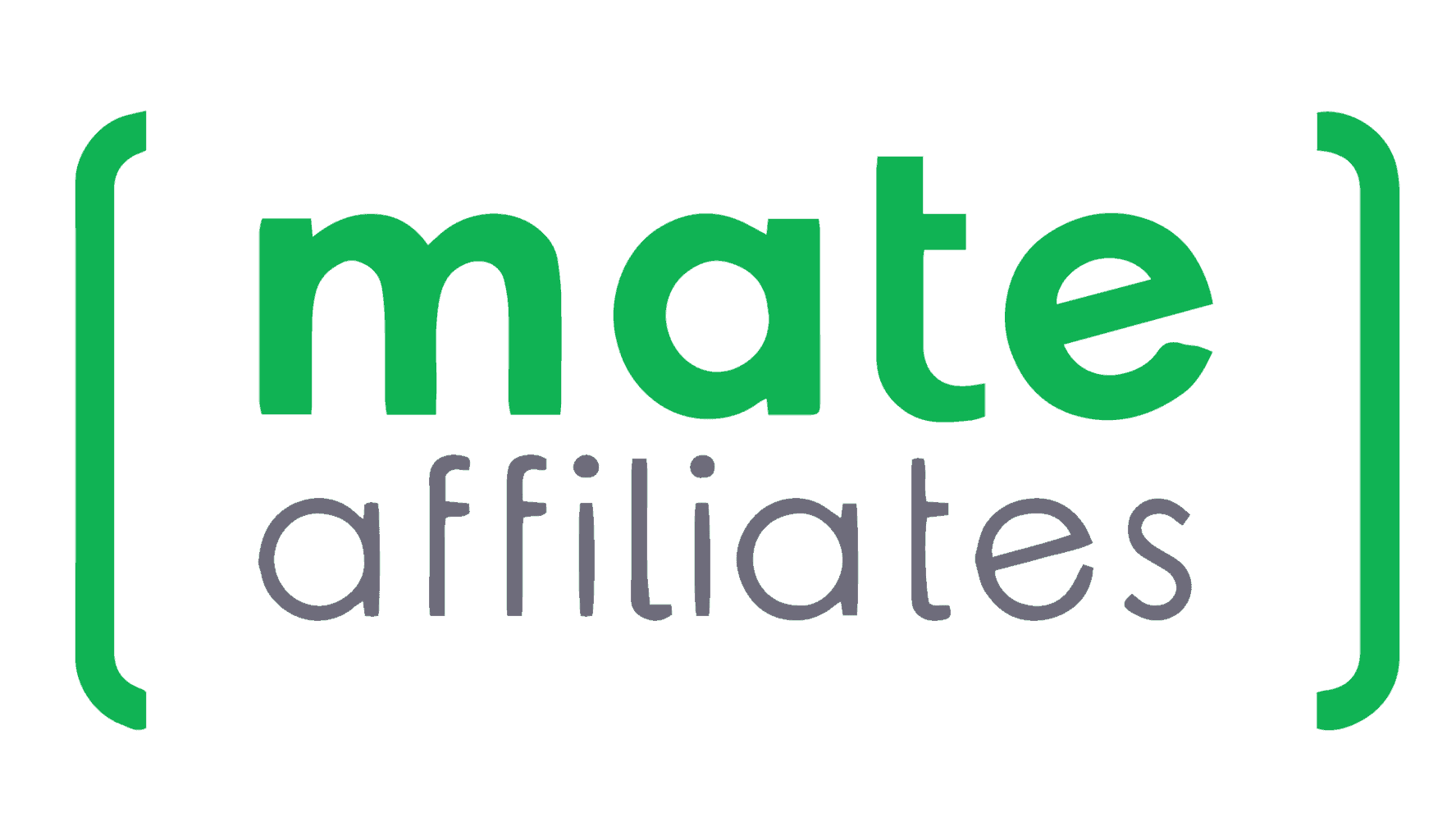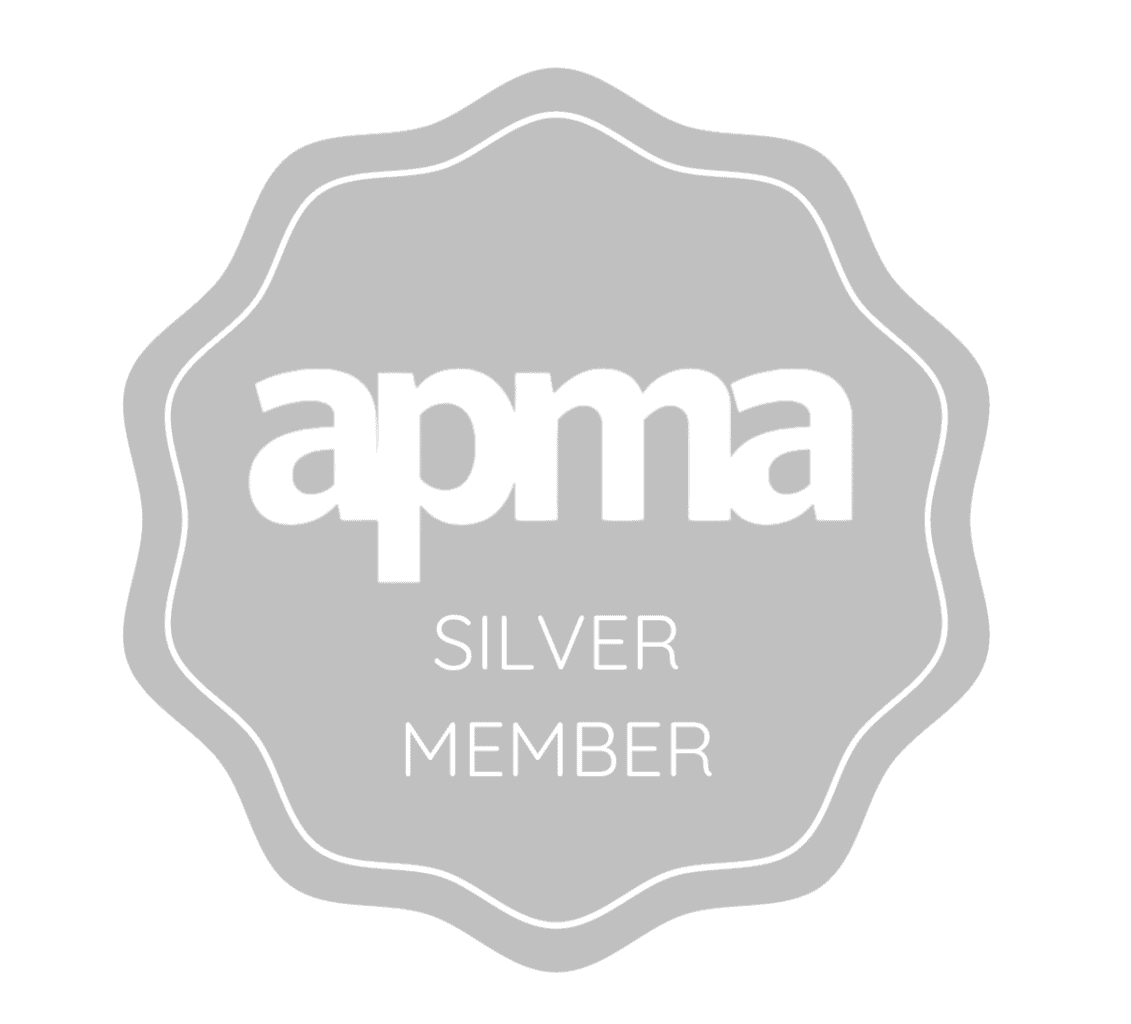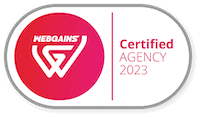There are many different aspects to iGaming affiliate marketing, and with that comes some important responsibilities that affiliates must adhere to. Some of these surround high-risk gamblers. Affiliates need to be aware of the signs of a high-risk player, and how to be mindful of them in any interactions they might have.
Growing calls for changes
Across many jurisdictions, there have been calls for a reassessment of safer gambling legislation and procedures to help protect problem or high-risk gamblers. Though there are already many tools in place that are designed to help those at risk from addictive gambling, many think that there is more to do.
For example, in the UK, the government is re-evaluating the Gambling Act 2005. When this was first penned, internet gambling was not as popular or as accessible as it is now. Reforms are needed to bring current legislation in line with the current needs of players.
What brands have been doing
The responsibility of creating a safer gambling space does not lie just with governing bodies. There is plenty that brands and operators can and are doing to create an environment for their players that is as safe and supportive as possible.
Common tools you often see offered by operators are deposit limits and self-exclusion periods – either on a temporary or permanent basis. However, some brands are taking further steps to be transparent about their interactions with high-risk gamblers.
The Kindred Group, one of the UK’s biggest gambling firms, published their latest financial records and stated that approximately 4% of their current revenue comes from high-risk customers. With this revelation, they pledged to reduce it to 0 by 2023.
They are also one of the brands now proposing an industrywide ban on high-risk gamblers. Self-exclusion at the moment means that a player would be blocked for a single network, while these new proposals would prevent them from accessing any site.
Operators recognise that it is no one group’s responsibility to look out for high-risk behaviour. The aim here is to work together collectively to make the industry a more pleasant experience for all.
What affiliates can do
Affiliates will have their own share of responsibility when it comes to trying to spot high-risk players. Therefore, it is important that they are fully educated on what to look for in terms of behaviour and language, so they can potentially cut a player off and point them towards a source of help if needs be.
There are many tools that can help with this. For example, AgeChecked and Rdentify have partnered to create a solution that integrates into a brand’s CRUM and live chat systems. It identifies keywords associated with high-risk gambling behaviours and can flag a player for further monitoring and potentially a welfare check if needed.
iGaming affiliates need to school themselves on the language and behaviours of these high-risk clients so they are able to offer a safer experience on behalf of their brands. This is a key compliance issue that all need to make sure they are addressing in their programs.























